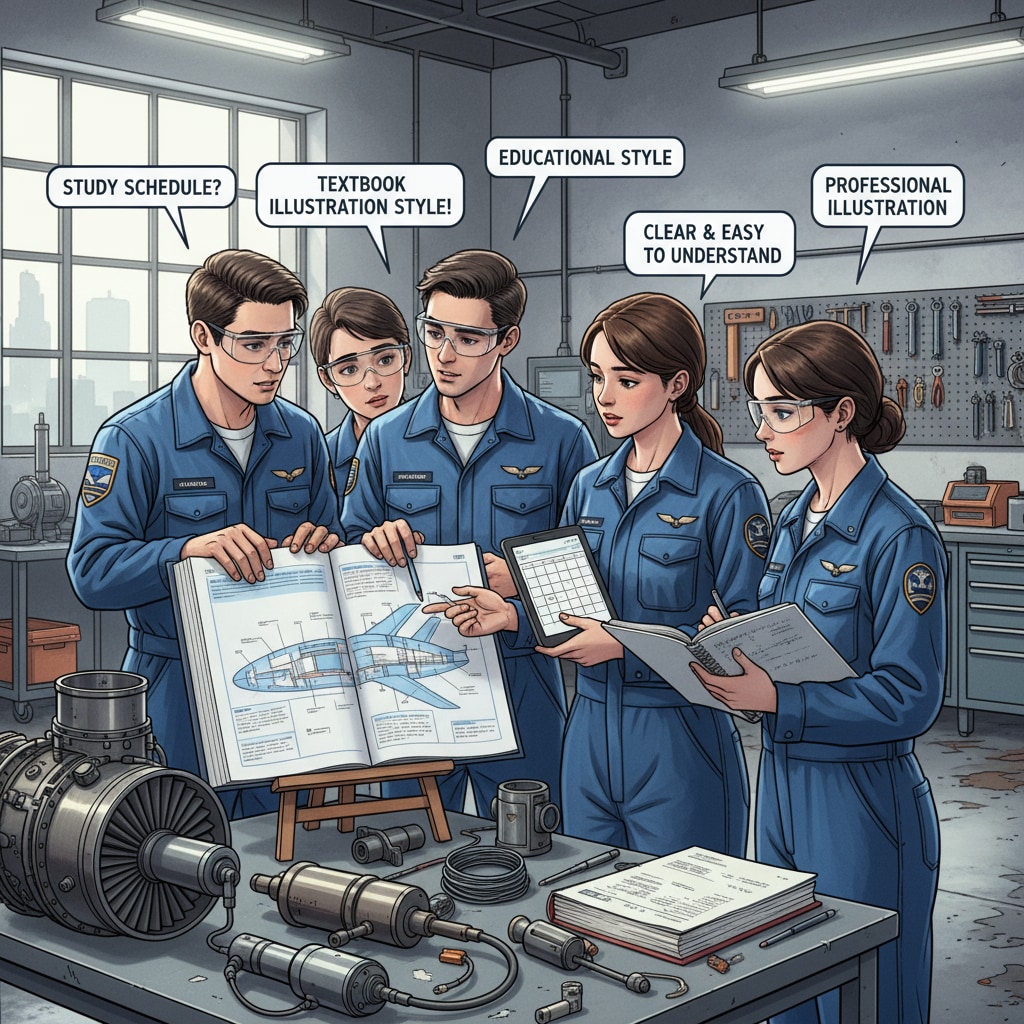Internship workload, study-time balance, and professional communication are significant hurdles that aviation maintenance students must overcome. These students find themselves in a precarious position, trying to juggle the demands of full-time internships with the rigors of their academic curriculum. The aviation maintenance field requires hands-on experience, which internships provide, but it often comes at the cost of time dedicated to studies.

The Burden of Internship Workload
Aviation maintenance internships typically involve long hours and physically demanding tasks. Students are often required to work in shifts, which can disrupt their normal study routines. For example, they may be assigned to night shifts at an airport maintenance facility, leaving them exhausted during the day when they should be focusing on their coursework. This heavy workload not only affects their ability to keep up with academic assignments but also takes a toll on their physical and mental health. According to FAA’s official training resources, the comprehensive nature of aviation maintenance training requires students to be fully engaged, making it even more challenging to balance with internships.
Challenges in Study-Time Balance
Maintaining a balance between internship and study time is a Herculean task for these students. With the vast amount of theoretical knowledge required in aviation maintenance courses, finding sufficient time to study is crucial. However, internships often eat into their study hours. As a result, students may struggle to understand complex concepts, leading to lower grades. Additionally, the pressure to perform well in both internships and academics can cause high levels of stress. For instance, preparing for an important exam while dealing with a busy internship schedule can be extremely overwhelming.

To address these issues, students need to develop effective time management strategies. Creating a detailed schedule that allocates specific time slots for study, internship, and personal activities can be helpful. They should also prioritize tasks based on their importance and deadlines. For example, setting aside dedicated study hours in the morning before starting an internship shift can ensure that they have a fresh mind to absorb new knowledge.
The Role of Professional Communication
Professional communication plays a vital role in helping aviation maintenance students manage their dual responsibilities. Communicating openly with internship supervisors and academic advisors is essential. By sharing their difficulties, students may be able to negotiate more flexible work schedules or receive additional support from their academic institutions. For example, an advisor might be able to provide study tips or recommend resources to help students catch up on missed coursework. Moreover, effective communication with colleagues during internships can also lead to better collaboration and a more efficient work environment, reducing overall stress levels. As stated on ICAO’s official training pages, strong communication skills are integral to success in the aviation industry.
In conclusion, internship workload, study-time balance, and professional communication are intertwined aspects that aviation maintenance students must master. By implementing proper time management techniques and fostering open communication channels, these students can overcome the challenges they face and achieve a harmonious balance between their internships and academic pursuits. This balance is not only crucial for their current educational and professional development but also for their long-term success in the dynamic field of aviation maintenance.
Readability guidance: Short paragraphs and lists are used to summarize key points. Each H2 section provides a list or practical suggestions. The proportion of passive voice and long sentences is controlled, and transition words are scattered throughout the text to enhance readability.


